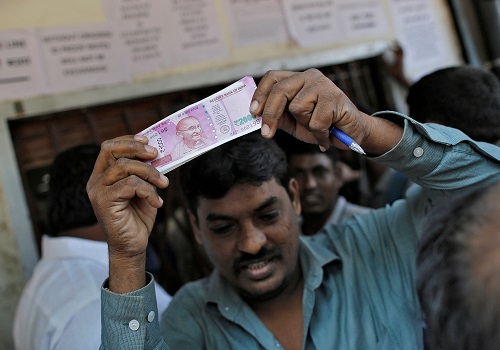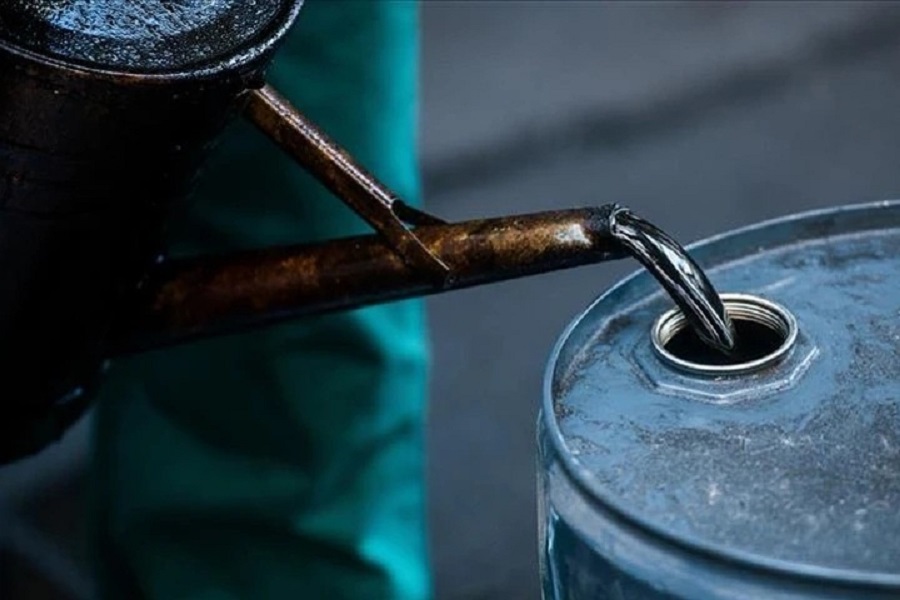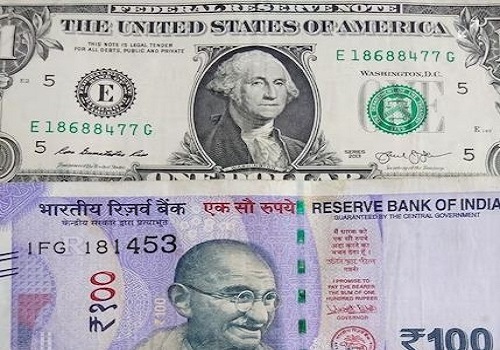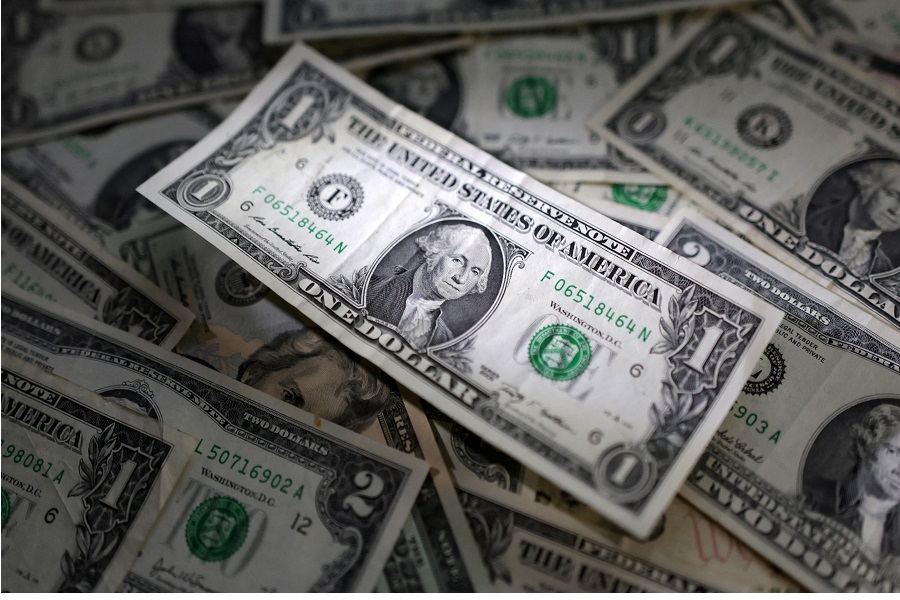About 80% of Indians choose to deposit withdrawn 2000-rupee notes, boost bank deposits - bankers

About three-fourths of Indians are choosing to deposit the recently withdrawn 2000-rupee notes into bank accounts so far rather than exchanging them for smaller denominations, with the trend likely to boost bank deposits, bankers said.
In May, the Reserve Bank of India (RBI) said it would withdraw these high-value notes from circulation and permitted their exchange or deposit until Sept. 30.
Exchange is only permitted up to 20,000 rupees per turn, while there is no limit on depositing the notes, which also earns interest.
When announced, the value of these notes in circulation was 3.6 trillion rupees ($43.61 billion), the RBI said.
Though the total quantum of notes deposited or exchanged so far is not available, six public and private sector bankers Reuters spoke to said over 80% of the notes received by them have been deposited into accounts.
State Bank of India - the country's largest lender - had received about 170 billion rupees in value terms in the first week since the exercise began on May 23, a senior official said.
Of this, 140 billion, or 82%, was deposited into accounts, while the rest was exchanged, he said.
Officials at Bank of Baroda, Union Bank of India and Bank of India also said 80%-90% of the notes were deposited, without specifying the quantum they received.
The experience at two large private sector banks was similar. All the bank officials declined to be identified as they are not authorised to speak to the media.
Kotak Mahindra Bank received more than 30 billion rupees of the 2000-rupee notes till May 30, Virat Diwanji, group president and head of consumer banking said.
Of this, 80%-85% has been deposited, with a "good majority" coming into current accounts, he said.
The inflow will likely push up bank deposit growth from the current 10.9% and reduce currency in circulation (CIC), which dropped to 365 billion rupees in the week ending May 26, RBI data showed.
Some part of the decline in CIC could be attributed to the 2,000-rupee note exchange, said Gaura Sen Gupta, India economist at IDFC FIRST Bank.
With 75% of the total notes being deposited by September, bank deposits could go up by 2.7 trillion rupees, said Dipanwita Mazumdar, an economist at Bank of Baroda.
The initial assumption is the overall bank deposit base would increase by at least 1.5 trillion rupees, with SBI contributing 22%-25%, the SBI official said.
($1 = 82.5911 Indian rupees)



















